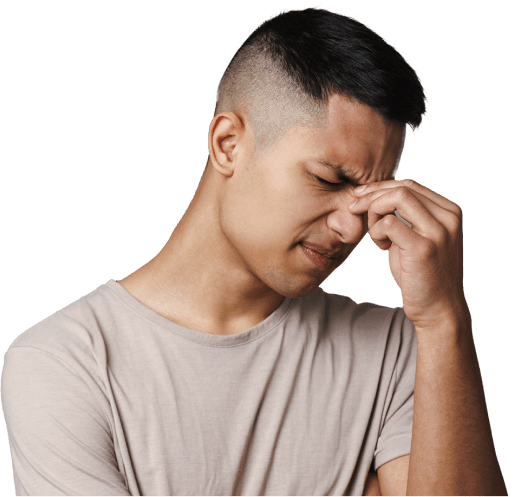- Free Delivery Over £50
- UK Registered Pharmacy
- Discreet Delivery
- Authentic & Safe Medication

Info: Before issuing a treatment, you’ll need to answer a short assessment. This will help us recommend the right treatment for you.
Migraine medications

Sumatriptan | Migraine Relief Tablets
From £5.99
Imigran Nasal Spray
From £24.99
Rizatriptan Orodispersible
From £13.99
Rizatriptan Tablets
From £13.99
Vydura (rimegepant) 75mg Tablets
From £38.99
Zolmitriptan Tablets
From £29.99
Zomig Nasal Spray
From £63.99
Order Monday to Friday before 14:00pm to guarantee next day delivery
Rizatriptan Orodispersible
Imigran Nasal Spray
Vydura (rimegepant) 75mg Tablets
Zolmitriptan Tablets
Rizatriptan Tablets
Zomig Nasal Spray
Sumatriptan | Migraine Relief Tablets
| Medication | Ashcroft Pharmacy |
|---|---|
| 50mg x6 Tablets | £8.99
Order now |
| 50mg x12 Tablets | £17.49
Order now |
| 50mg x18 Tablets | £24.99
Order now |
| 50mg x24 Tablets | £32.99
Order now |
| 100mg x6 Tablets | £11.49
Order now |
| 100mg x12 Tablets | £19.99
Order now |
| 100mg x18 Tablets | £28.49
Order now |
| 100mg x24 Tablets | £35.99
Order now |
| 50mg x3 Tablets | £5.99
Order now |
| 100mg x3 Tablets | £6.99
Order now |
Hear from our customers...
Loading reviews...
Ordering is quick and easy!

Step 1:
Choose Your TreatmentOur medical team will then recommend a treatment and issue a free prescription.

Step 2:
Free Online ConsultationStart a free 2 minutes online consultation with simple questions about your health.

Step 3:
Express DeliveryYour treatment will be sent direct from our pharmacy in discreet packaging.




